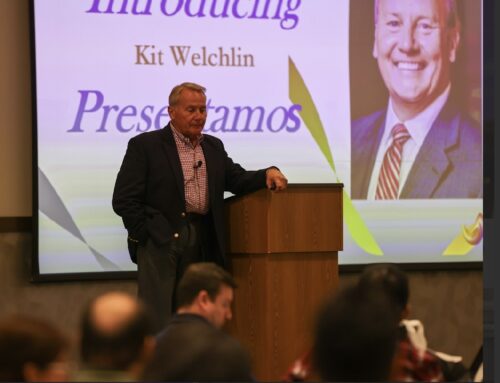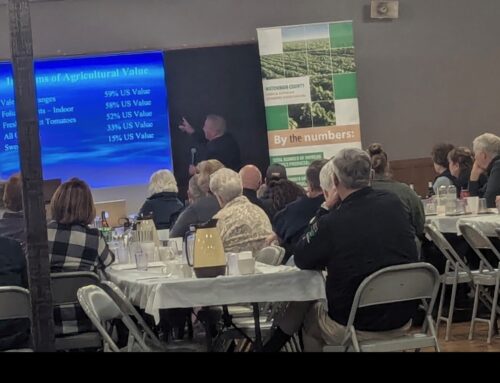Do you sometimes feel like you’re drowning in information? Would you rather just trust your good judgment? Does more information help or hurt? It can help, as long as we follow a process that balances both information and intuition.
When under stress, we can sometimes go to the extremes. We can trust our gut and make a highly intuitive decision or we get bogged down by analyzing everything and want lots of data to back up our decision.
The highly intuitive person may become impulsive and miss critical acts. The highly analytical person gets paralyzed in data, often failing to make any decision. Just be aware this can happen.
In general, it is easiest to formulate a realistic plan of action when you have the most information. When approaching a stressful situation, take the time to research all of your options.
It is important to take some time and try to understand the reasons that caused the stressful situation to occur in the first place. That’s seems like a good place to start.
For instance, if you want a change careers, or re-enter the workforce, but are afraid to take a chance, think carefully about what it is you really want and what you’re currently unhappy with. Speak to people who have made a change. Get their advice. Do some research.
By getting all the information you can, not only will you have a more realistic view of the possibilities, but you’ll know how to properly prepare for execution. Trust your informed intuition. Gather information. Consider risk. Identify conflicting facts. Ask others’ advice. Then make the decision.
If you need to find a keynote speaker, plenary speaker, breakout speaker, concurrent session speaker, seminar leader, or workshop facilitator who can deliver in-person, virtually, or via prerecorded session, Kit Welchlin, M.A., CSP, CVP, is a nationally recognized professional motivational speaker and author and can be found at www.welchlin.com or www.SeminarsOnStress.com.



